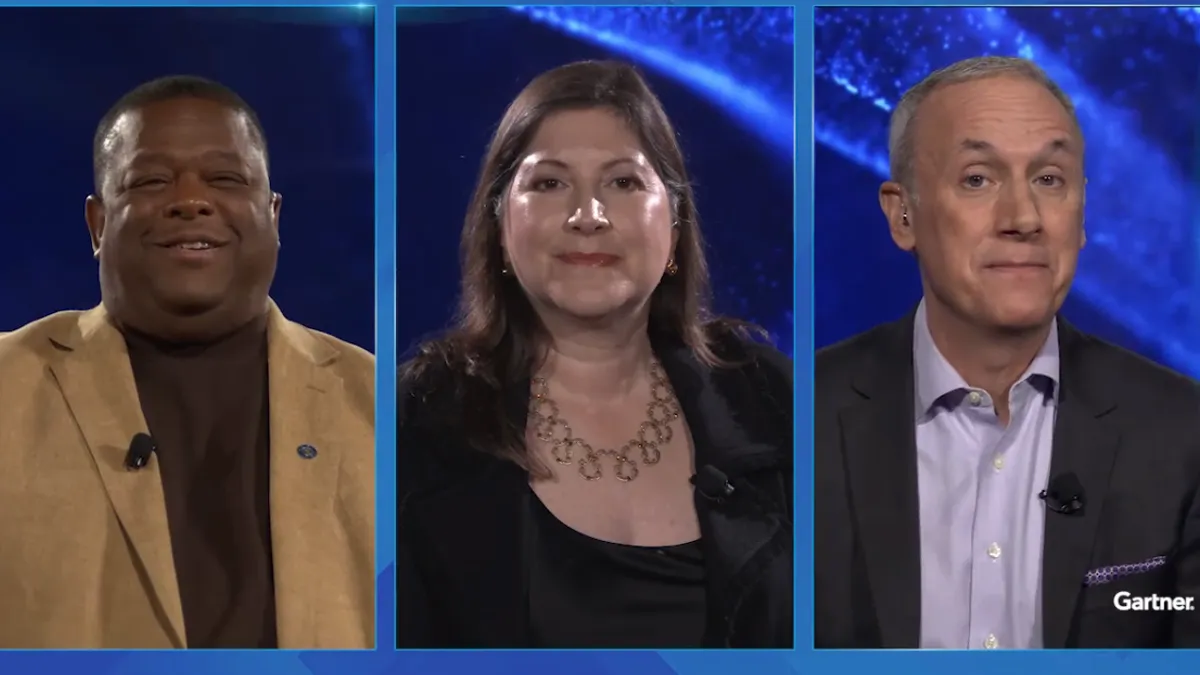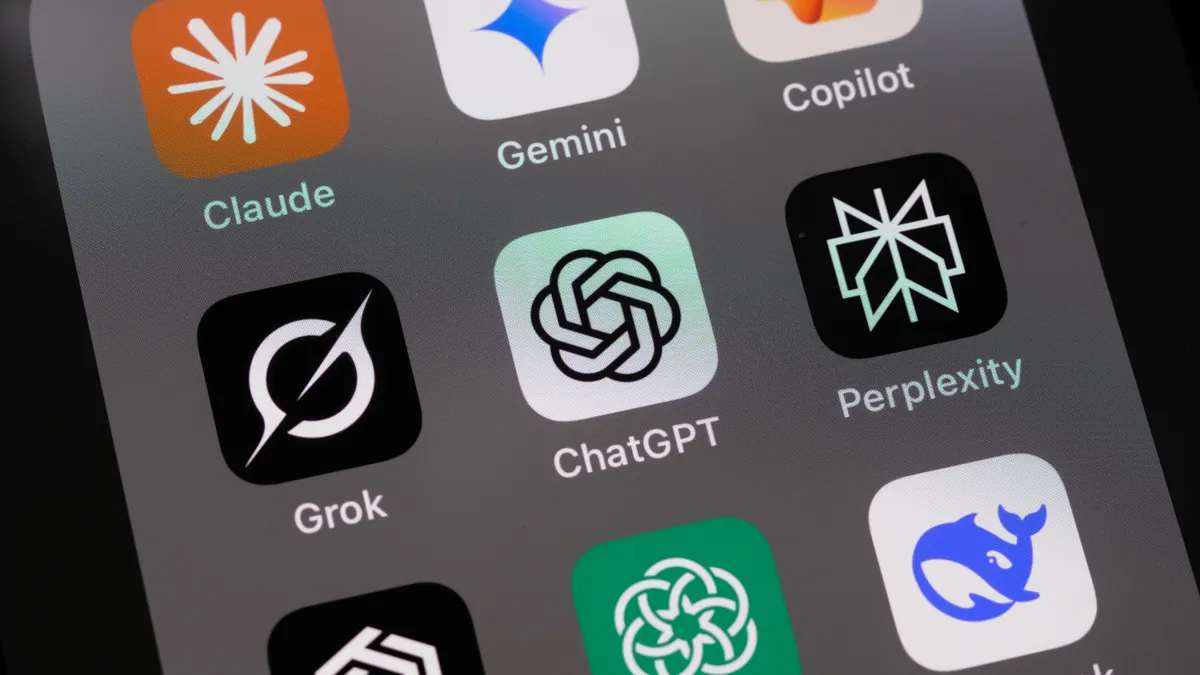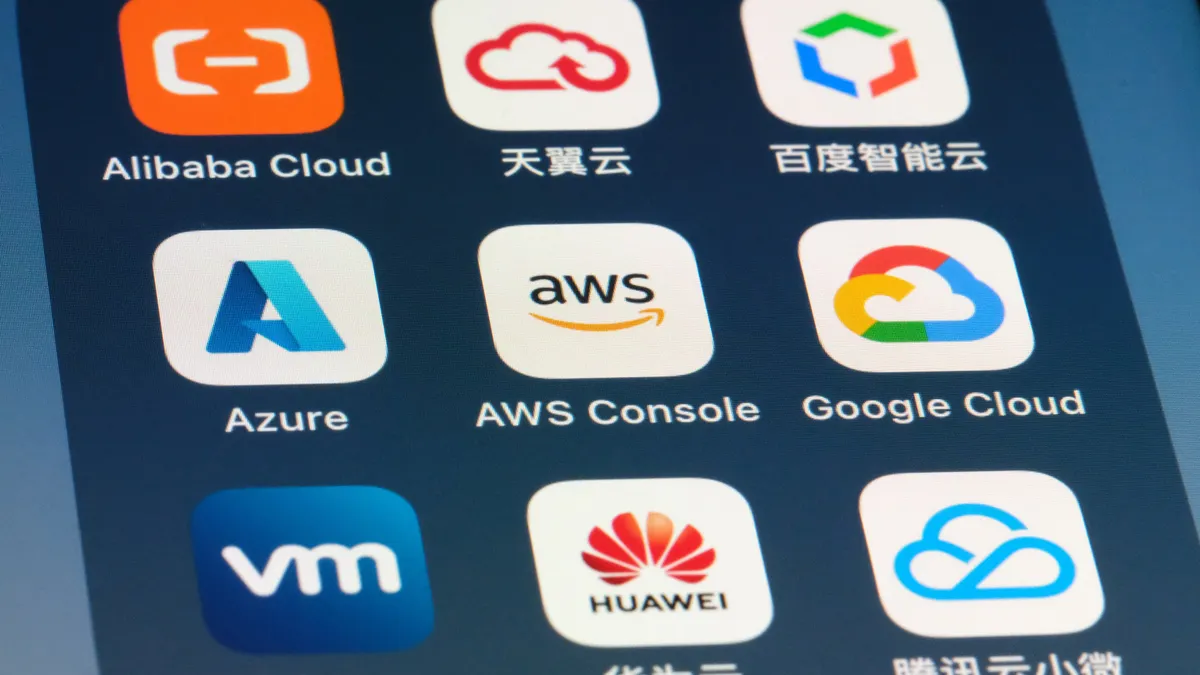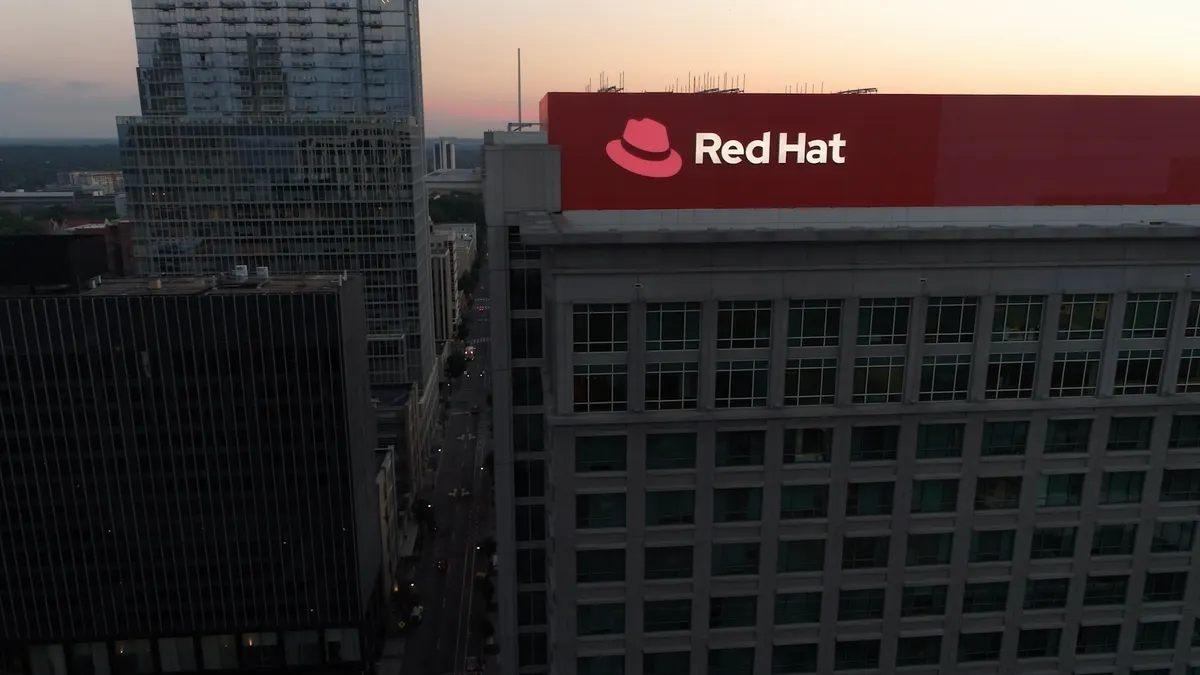Businesses experienced change at lightning speed in 2020. Social unrest, a global health crisis and the ensuing pivot to new ways of operating tested digital resilience.
With 2021 ahead, businesses are embracing composability to respond to unprecedented change, according to the Gartner IT Symposium/Xpo Americas keynote Monday.
An organization that operates under a composable mandate embraces a modular approach to business functions to orchestrate a desired outcome. It detects what changes need to occur and enacts them creatively through autonomous business units.
The concept of a composable business is a "natural acceleration of the digital business that you live every day," said Daryl Plummer, distinguished VP, chief of research and Gartner Fellow, during the keynote. "It allows us to finally deliver the resilience and agility that these interesting times will demand."
From the way a company thinks to its core business architecture and the technologies it uses, organizations will need to embrace the concept of composability to weather change, Gartner says. Businesses will set out to navigate this transformation with guidance from the CIO, a now more business-savvy figure who has emerged from the crisis with expanded insight into how a business can best operate.
An impetus for change through faster technology transformation is already present at top leadership levels as 69% of corporate directors say they want to "accelerate enterprise digital strategies and implementations to help deal with the ongoing disruption," according to a Gartner survey.
This points the spotlight at the CIO, who has garnered more clout during the pandemic thanks to their role in responding to the digital pressure businesses came under.
Prior to the crisis, CIOs had worked to create a foundation for robust infrastructure, video conferencing, and collaboration tools that enabled the shift to remote work, said Tina Nunno, distinguished research vice president and Gartner Fellow.
"It took a pandemic to get change-resistant people and businesses to actually use [these tools]," Nunno said. "Sometimes it takes a burning platform."
Organizations that become "flexible, fluid, continuous, even improvisational" can move forward amid disruption, said Don Scheibenreif, VP and distinguished analyst at Gartner.
There's echoes of the composability concept in how businesses responded to the coronavirus pandemic. Examples include shifts to chatbot-enabled onboarding or supporting hiring strategies with virtual job fairs.
Rob Carter, EVP of FedEx Information Services and CIO of FedEx, points to the organization's partnership with Walgreens, and how FedEx used microservices to port handheld technology from iOS to Android, as an example of the composable business.
"It was so gratifying to see this architecture that we had built decomposing our business into services and microservices in a way that can reorder them, that can repoint them to new consumers," Carter said.
The company was able to quickly shift, deploying the technology to 8,500 stores in a matter of months, Carter said.
"Composability at its finest is when you can use a mechanism like microservices to make a change as quickly as possible," said Plummer.
For Haier, a Chinese multinational manufacturer of consumer electronics, the idea of composability came by way of reshaping the company structure, focusing on giving teams more autonomy.
Haiqin Xie, deputy general manager of Haier COSMO IoT Ecosystem Technology Co., Ltd., said the traditional concept of a hierarchical organization is "obviously not a good solution for a rapidly changing environment."
The agility of "sensing and acting without a centralized bureaucracy" let teams operate more nimbly, shortening the time from product design to delivery by 35% in new product lines, said Xie.
During the early days of the pandemic, as COVID-19 rapidly spread throughout China, Haier technical leaders in three cities quickly built a solution aimed at solving the scarcity of medical supplies at critical times.
"This was a situation where they could identify a moment of composability," Plummer said. "A single employee recognized this need that there was not enough medical equipment. And when you're a CIO, you have to recognize the value in that, you have to pay attention to every voice."





















